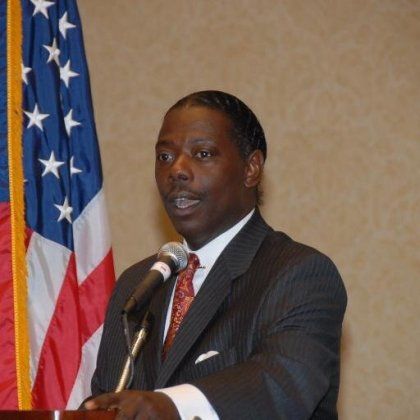This article was republished with permission from WTOP’s news partners at Maryland Matters. Sign up for Maryland Matters’ free email subscription today.
This content was republished with permission from WTOP’s news partners at Maryland Matters. Sign up for Maryland Matters’ free email subscription today.
The Maryland House of Delegates will reconvene in a special session within the next month to select a replacement for the late Speaker Michael E. Busch (D-Anne Arundel), who died Sunday afternoon at the age of 72.
While the House made no formal announcement about a succession vote before adjourning at midnight Monday, several delegates said they expect to be called back on April 18, April 25 or May 1 – with the latter date the likeliest.
“It’s just a question of who’s going to be in town when,” said Montgomery County Del. Eric G. Luedtke, the House Democratic Caucus chair, who presided over two tense, emotional meetings Monday to discuss succession planning and rules.

Some lawmakers will return to the State House for bill signings scheduled for April 16 and 30. A signing ceremony scheduled for Tuesday was canceled in deference to Busch.
While working through their grief over Busch’s death and a long, busy day of lightning-round legislative deliberations and voting, delegates also spent a considerable amount of time talking privately about the options before them.
Some younger lawmakers pressed for a quick vote on a Busch replacement – perhaps as early as Tuesday, sources said. But a majority of Democrats felt that to be sensitive to Busch’s family, they should wait.
As of late Monday, no funeral arrangements for the speaker, who presided over the House since 2003, had been announced – though there were multiple tributes to him throughout the day in the State House, including one in the House chamber at 11:30 p.m. that included members of his family, the state Senate and Gov. Lawrence J. Hogan Jr. (R). [see related story]
While few House members were willing to talk publicly about what has been said behind closed doors or in other private conversations since Busch died, what is clear is that the contours of the race to succeed him, which actually began quietly at least two years ago, haven’t changed: House Appropriations Chair Maggie L. McIntosh (D-Baltimore City) and House Economic Matters Chair Dereck E. Davis (D-Prince George’s) are still the frontrunners.
But there could be wildcards: Speaker Pro Tem Adrienne A. Jones (D-Baltimore County), who has been presiding over the House since Busch was hospitalized with pneumonia on March 26 and has held the No. 2 position in the House for as long as Busch was speaker, is being touted as a potential candidate. And House Majority Whip Talmadge Branch (D-Baltimore City) may also be in the mix.
None of the possible contenders wanted to talk about the looming leadership fight.
By tradition, given the Democrats’ 98-42 seat advantage, the next speaker should be selected in the House Democratic Caucus. But that’s only if the losing Democratic aspirants adhere to the result of the caucus vote and don’t press their candidacies on the House floor.
Among the many rumors swirling around Annapolis Monday was that the House GOP Caucus could wind up supporting Davis on the House floor if he is not the choice of the Democratic caucus. Asked about this Monday evening, House Minority Leader Nicholaus R. Kipke (R-Anne Arundel) replied, “We intend to vote as a bloc. We just haven’t committed to any one candidate.”
Whatever the Republicans do, the Democratic candidates are trying to assembly a winning coalition of supporters. The Legislative Black Caucus, women legislators, county delegations and regional tensions are all in play.
Montgomery County, the largest delegation in the House, is leaning heavily toward McIntosh, sources said. The Legislative Black Caucus may have divided loyalties. Officials from the Prince George’s County government, where Davis is a community liaison for County Executive Angela D. Alsobrooks (D), were pressing Davis’ case in Annapolis Monday.
Younger progressives in the Democratic Caucus, meanwhile, are having a tougher time deciding. While they realize they can’t advance one of their own, they are at least hoping to win commitments for some undefined institutional reform.
And, of course, everything that’s true one day could change in a heartbeat, as coalitions shift and deals get cut.
All of the leading contenders would be trailblazers: Davis, Jones and Branch are African-American; McIntosh would be the first woman speaker and is openly lesbian.
The results of the House leadership fight would likely have a bearing on the nascent race to replace Senate President Thomas V. Mike Miller Jr. (D-Calvert), whenever that might occur.
Miller, 76, announced at the start of this year’s General Assembly session that he was being treated for Stage 4 Prostate Cancer. Miller told his colleagues last week that he’s feeling stronger and that his PSA’s are holding steady. He said he would update his colleagues on his health every three months and would convene a meeting of the Senate Democratic Caucus in November to discuss future leadership.
If a new House speaker is chosen from, say, Baltimore City, that may minimize the odds of a Senate president being chosen from the same jurisdiction.







